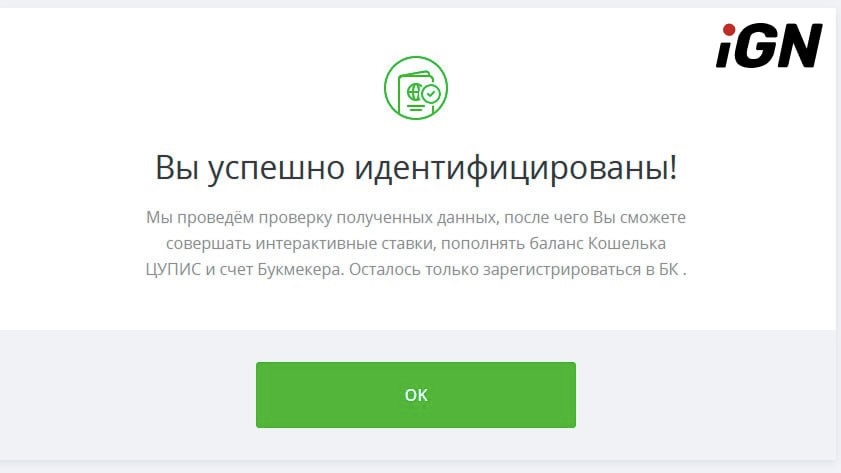Scammers in Russia Use Bookmaker Accounts to Launder Stolen Money

According to a media report, criminals in Russia have begun using bookmaker e-wallets to legitimize stolen funds, replacing traditional “drop” bank accounts.
How the New Scam Scheme Works
Registering Accounts in Victims’ Names
Fraudsters pose as employees of online marketplaces, banks, or government services. Under the pretense of verifying deliveries or securing accounts, they trick victims into revealing SMS codes — which are actually used to register accounts with betting companies.
They then extract the victim’s full name and passport details to complete identity verification through TSUPIS — Russia’s centralized platform for bookmaker transactions.
What Is TSUPIS?
TSUPIS handles transactions between users and licensed bookmakers in Russia. To activate a bookmaker e-wallet and withdraw funds, users must verify their identity via the state portal “Gosuslugi” or submit a passport. This makes the victim the formal account holder — even if the wallet is used for fraud.
Why Scammers Switched to Bookmaker Wallets
Previously, stolen money was laundered through bank cards registered to drops. But after criminal penalties were introduced for such schemes, scammers began using bookmaker wallets as temporary holding accounts.
Experts say these operations are hard to trace because transactions appear as regular bets or winnings. This method has quickly gained popularity for laundering illicit funds.
Legal Consequences of Involvement
On June 18, 2025, changes to Article 187 of the Russian Criminal Code took effect. Providing accounts or cards for cash-out schemes can now lead to up to 6 years in prison and fines of up to 1 million rubles.
Risks for Account Holders
Even if someone is unaware their account is being used for fraud, they can be classified as a drop. Since the wallet is in their name and was used for illegal transfers, they may face prosecution.
Key Stats
| Metric | Figure |
|---|---|
| Estimated number of drops in Russia | Over 2 million people |
| Drops under the age of 24 | Approx. 60% |
| Growth in teen dropper crimes (3 years) | 74x increase |
| Stolen funds in 2024 | ₽27.5 billion |
| Reimbursed by banks in 2024 | ₽2.7 billion |
| Funds blocked by banks (2.5 years) | ₽3.6 billion+ |
What Bookmakers and Banks Say
BetBoom, a major bookmaker, says it monitors suspicious activity and performs additional verification. Fraud-linked accounts are blocked.
VTB Bank reported identifying more than 64,000 drop accounts in 2025 and freezing over ₽1 billion in suspicious transactions.
How to Protect Yourself
- Never share SMS verification codes with strangers.
- Do not disclose your passport or personal data over the phone.
- Verify who’s calling — real bank or government employees will never ask for login credentials.
- If you receive a suspicious call, immediately contact your bank or log into your “Gosuslugi” account for support.
Civil Liability
In addition to criminal charges, civil lawsuits are now being filed against drops. Victims can sue not only scammers but also individuals whose accounts were used — even if they claim to have been tricked. In Q1 2025, 4,800 lawsuits were filed totaling ₽1.5 billion.
Conclusion
Bookmaker accounts have become the latest tool for laundering stolen money in Russia. Scammers are exploiting this method as banks tighten controls and laws stiffen penalties for drop schemes. To avoid legal trouble, protect your personal data and never share verification codes or ID details with anyone.
